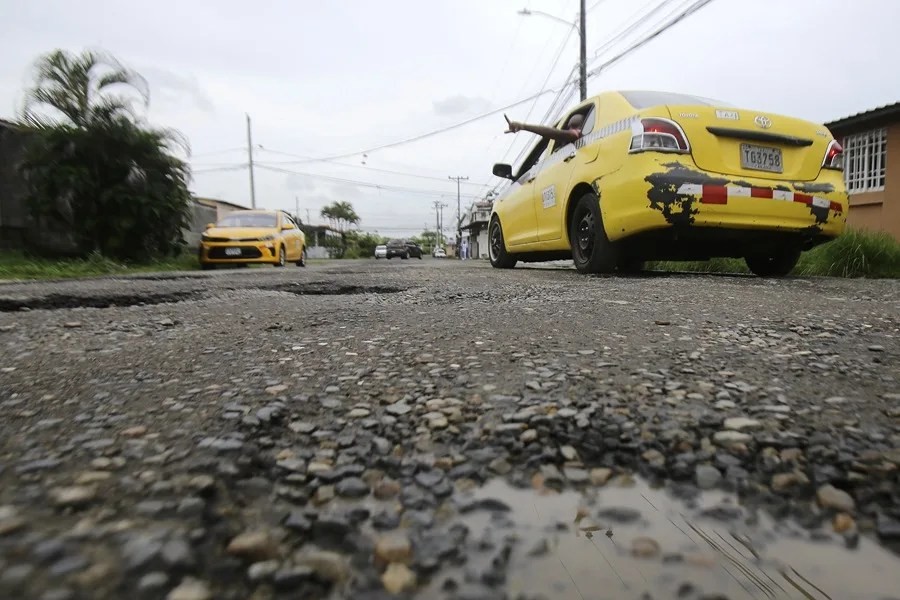Panama’s Crumbling Roads Reveal Government Neglect and Legal Risks
Panama’s deteriorating roads endanger drivers and taxpayers alike, as a proposed law seeks up to $10,000 indemnities for damages caused by government negligence—a costly symptom of systemic mismanagement.

In Panama City, shattered roads riddled with potholes and uncovered manholes are more than just an inconvenience; they’re a clear sign of state neglect. A new legislative proposal demands the Panamanian government compensate victims up to $10,000 for damages caused by these dangerous road conditions—a move exposing the financial and moral consequences when leadership fails its citizens.
Is Panama Paying the Price for Chronic Negligence?
Drivers carefully navigate treacherous streets scarred by craters and cracked pavement. The frustration is palpable: “Fix the roads,” plead residents of affected neighborhoods. Yet instead of immediate action to restore infrastructure, lawmakers debate handing out indemnities that place the burden squarely on public coffers.
“Maintaining roads properly should be paramount—not only to prevent damages but to protect human life,” says José Pérez Barboni, a deputy championing this bill. Still, statistics on accidents linked directly to poor road conditions remain elusive. The certainty is that vehicle repairs from such hazards already run into hundreds annually.
Panama has approximately 15,000 kilometers of roads—80% reportedly in disrepair according to outdated data from 2000. With no updated official assessments, this neglect continues unchecked while taxpayers brace for mounting costs under this new legislation.
Why Is This a Warning Sign for American Interests?
This scenario resonates beyond Panama’s borders. As Washington debates infrastructure priorities at home, the Panama example serves as a cautionary tale: lax oversight and poor maintenance invite legal liabilities and squander public resources that could otherwise secure border integrity or fund essential national programs.
The dual-material dilemma—choosing between cheaper but short-lived asphalt versus costlier concrete—is emblematic of misplaced priorities favoring short-term savings over durable solutions. This mirrors challenges faced here in America where infrastructure failures threaten economic vitality and public safety alike.
A disturbing detail emerges from local experts who warn that streets deteriorate rapidly because companies face limited warranties (only three years) while damage appears after four or five years—suggesting profit motives trump quality workmanship and long-term planning.
For patriotic Americans concerned about sovereignty and economic prudence, Panama’s predicament underscores the vital need for accountability in public works—not simply reactive compensation after harm is done.
The proposed law covers damages not only from potholes but also missing manhole covers, poor signage, inadequate lighting, and faulty infrastructure—all common problems signaling systemic failure rather than isolated incidents.
As Panama’s National Authority for Public Services prepares to handle claims with an 18-month payout deadline, one must ask: How long before similar liability crises catch up here if we ignore proactive maintenance? How much taxpayer money will be wasted chasing band-aid solutions instead of fixing root causes?
The takeaway is clear: Effective governance demands foresight and stewardship—investing upfront protects lives, property, and national stability. Will our leaders heed this lesson or let complacency multiply costly failures abroad—and here at home?
